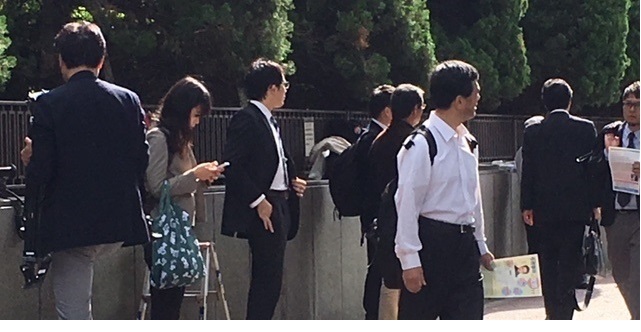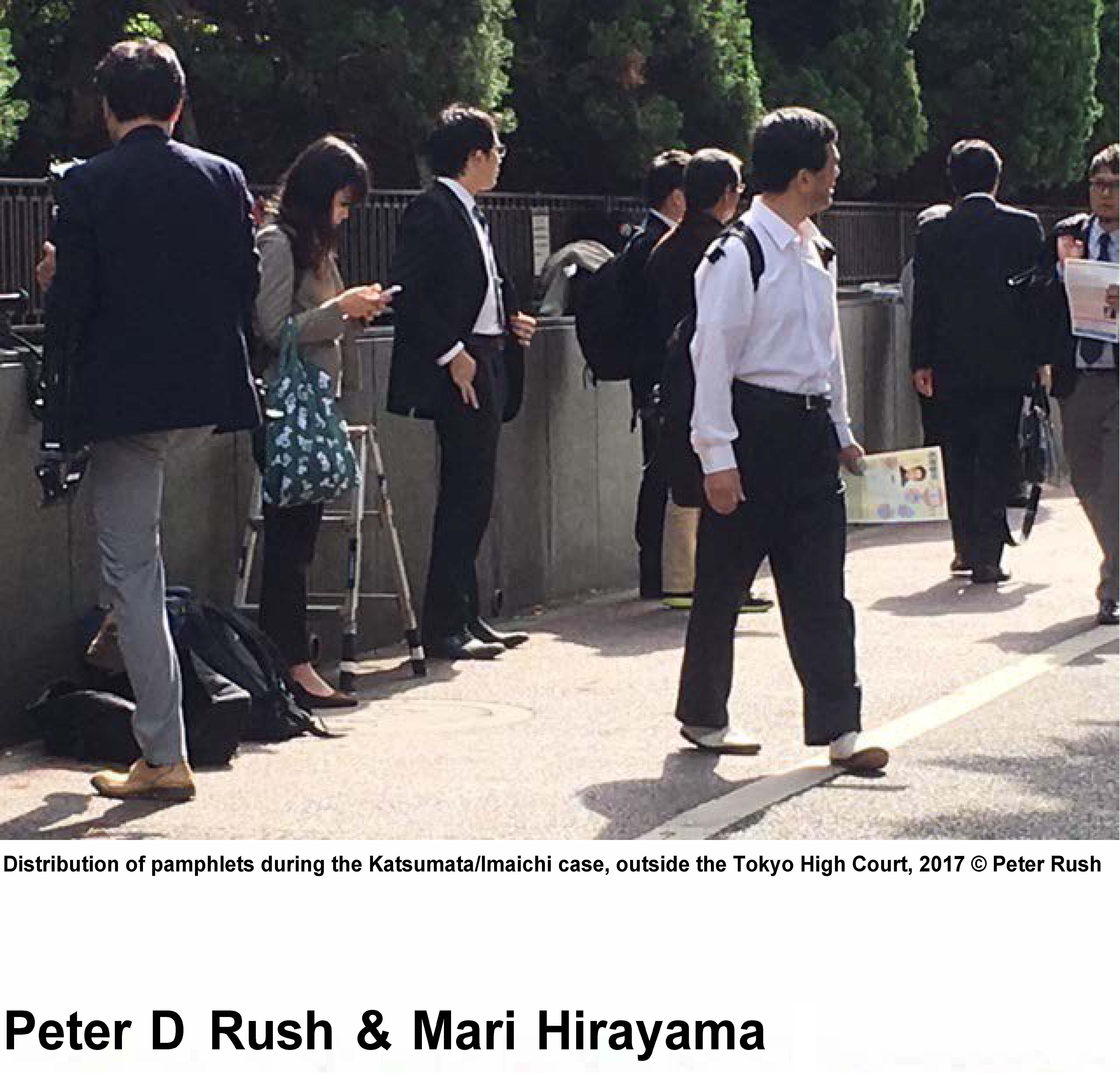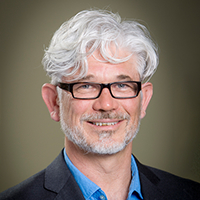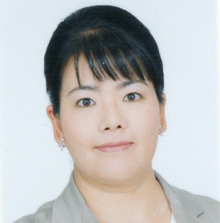Audio-visual recording of interrogations in Japan and Australia


About the seminar
The introduction of audio-visual recording of interrogation (取調べの録音録画) is one of a recent suite of legal and policy reforms in Japanese criminal law. It will come into force in 2019. Similar monitory procedures have existed in Australia for over thirty years, but recent changes in the conduct and style of police interviewing have called the audio-visual regime into question. Based on trial observations, as well as interviews with judges, police, prosecutors and defence lawyers in Japan, this seminar will discuss two exemplary and recent cases – the 2016 Willis case in Victoria, and the 2018 Katsumata/Imaichi case in Tokyo. Both cases are murder trials. In the Willis case, the admission of an unrecorded lead-up conversation by police was the subject of adverse judicial comment. In the Katsumata/Imaichi case, the use of the audio-visual record as material evidence of the truth of the written confession was displaced by the Tokyo High Court in favour of circumstantial evidence. How are the legal reforms and the conduct of interrogation to be understood in relation with criminal law, its techniques and its forms of evidence?
An afternoon tea will be provided to attendees
About the presenters
 | Peter D Rush is an Associate Professor in the Melbourne Law School and director of the International Criminal Justice program. He researches at the intersection of Criminal law, Jurisprudence and the Humanities, and is currently conducting a project on the legal rhetoric of audio-visual recording and police questioning in Japan. |
 | Mari Hirayama is a Professor in Criminal Procedure and Criminology at Hakuoh University, Japan. She has a long-term involvement in the law and civil society responses to confessions and miscarriages of justice in Japan. The Katsumata/Imaichi case took place in Tochigi Prefecture, where she lives and works. |